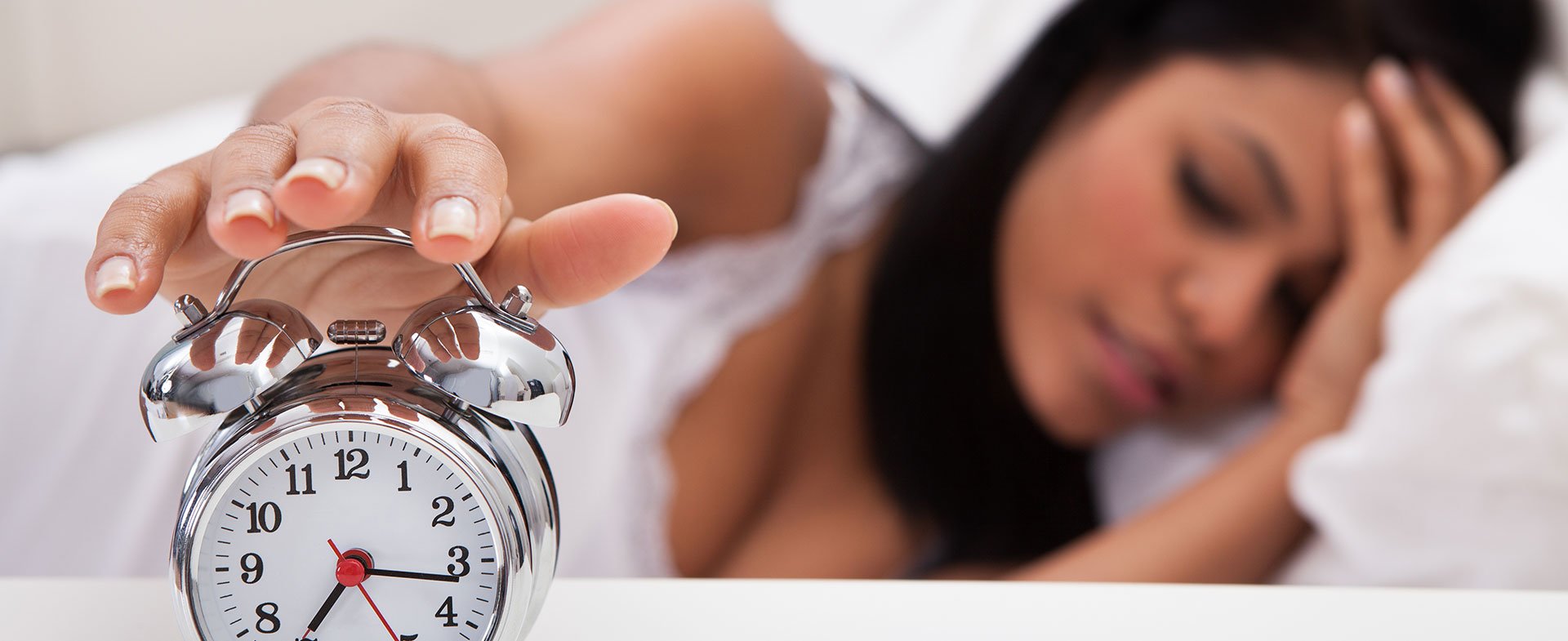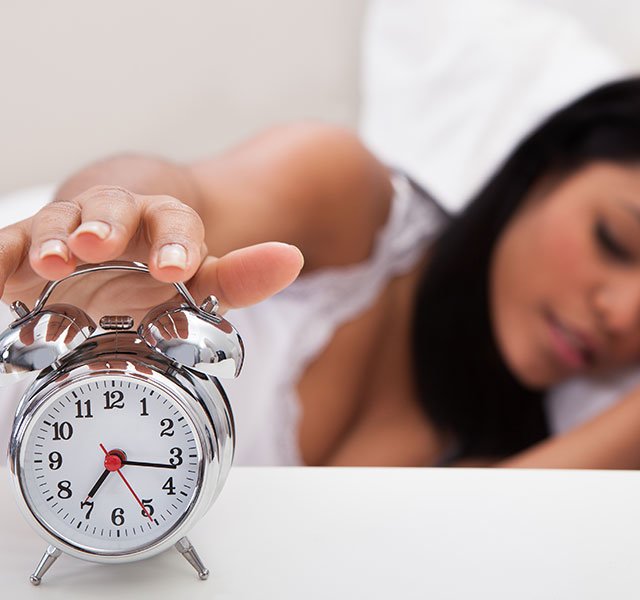As epidemics go, voluntary sleep deprivation is as big a problem in America as many actual diseases. From not budgeting enough time in our busy schedules to get enough shut eye to keeping habits that undermine a good night’s sleep, countless adults are getting by with too little rest.
This is due, in part, to the widespread prevalence of inaccurate information and myths when it comes to how to get our best sleep. We think we’re in the safe zone, but in reality we could be skating on thin ice. So what are the biggest sleep myths out there?
Henry Ford sleep medicine specialist Christoper Drake, Ph.D. debunks the five of the most common falsehoods:
Myth 1: Feeling sleepy in the daytime always means you’re not getting enough sleep.
Reality: Excessive daytime fatigue means you feel drowsy during daylight hours and have the urge to fall asleep when you’d otherwise be awake and alert. But surprise: this condition can occur even after getting enough sleep at night. So what’s the problem? Your sleepiness may be a sign of a medical condition, like narcolepsy or sleep apnea, which both require treatment by a sleep doctor or physician. Daytime sleepiness also shouldn’t be taken lightly, as it puts you at risk for injury and drowsy driving.
Myth 2: You can make up for the zzz’s you skipped the night before with some extra shut eye later on.
Reality: When we don’t get enough sleep – that’s seven to nine hours each night for adults – we accumulate a sleep debt that can be very hard to recover from if it gets too big. Not only is that missing sleep necessary for optimum performance and safety, it’s also linked to health problems, like high blood pressure, obesity, depression and even an increased risk of developing Alzheimer’s disease or cognitive problems.
Myth 3: Snoring is common and not harmful.
Reality: Snoring, especially among men, may be a symptom of sleep apnea, a condition where pauses in breathing prevent air from flowing into and out of a sleeping person’s airway. Not only is sleep apnea commonly tied to obesity, sufferers often wake up frequently in the night gasping for breath. This reduced breathing capacity puts an additional strain on the heart and cardiovascular system due to decreased blood oxygen levels. Men and women who snore loudly, especially with pauses, should seek treatment from a doctor if it persists.
Myth 4: Teens don’t require more sleep than adults, and drowsy teens in class are lazy.
Reality: Unlike adults, who require seven to nine hours of sleep each night, teenagers do, in fact, require more: at least 8.5 to 9.5 hours of sleep every night. Teenagers’ biological clocks also tend to keep them awake later in the evening hours and sleeping later in the morning. And since many schools begin classes very early in the morning, many teens come to school drowsy. This can impede the learning process and make them appear lazy through no fault of their own.
So what’s a teen to do? Turn out the lights earlier. This can increase the biological drive to fall asleep earlier in the evening, which will help teens feel sleepy earlier and sleep longer.
Myth 5: Insomnia is just characterized by having difficulty falling asleep.
Reality: Difficulty falling asleep is just one of four symptoms associated with insomnia. The others include:
- Frequent awakenings
- Waking up early and then not being able to fall back asleep
- Waking up feeling unrefreshed
Insomnia is so common, in fact, that 58 percent of Americans report having experienced at least one symptom of it in the past year. Insomnia becomes dangerous when symptoms occur so frequently (more than three times each week) that they impact your daily functioning. In those instances, you should consult your healthcare provider.
Regardless of whether you experience conditions like insomnia, snoring or daytime drowsiness, it’s important to normalize your sleep patterns. Simply getting enough hours each night isn’t enough – you have to condition your body to expect sleep at a predictable rhythm.
Waking up the same time EVERY morning is especially important for optimal biological rhythms and good sleep, too. If you do, you’ll be catching more productivity … and more zzz’s in no time.
To find a doctor or behavioral sleep therapist at Henry Ford, visit henryford.com or call 1-800-HENRYFORD (436-7936).
Dr. Christopher Drake is board-certified in sleep medicine and behavioral sleep medicine at Henry Ford Hospital and Henry Ford Medical Center – Columbus.



